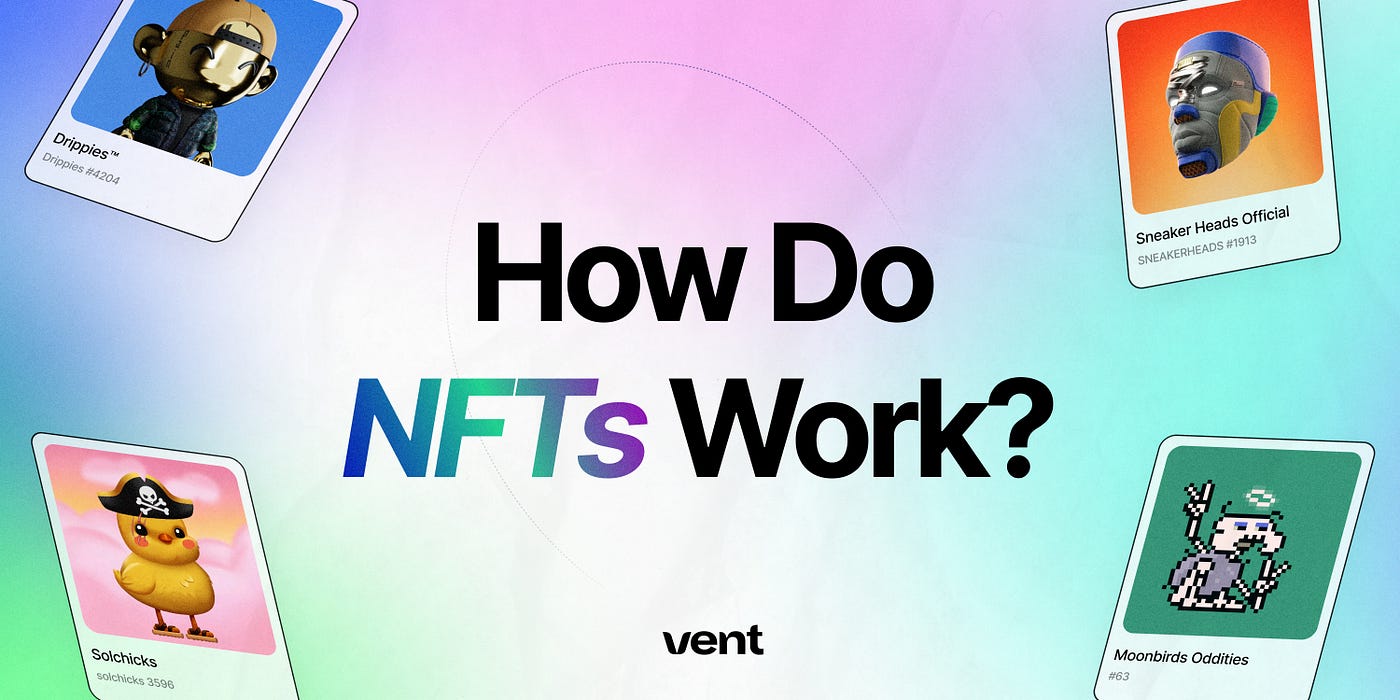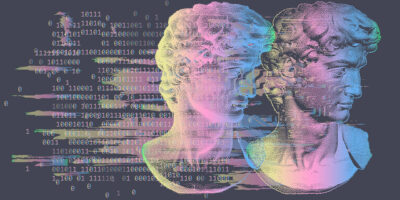
NFTs (non-fungible tokens) is a new type of cryptocurrency which have gained significant attention recently. NFTs are cryptographically unique and can grant ownership of a digital good or act as an event token to distribute rewards. This article discusses the history and value of NFTs, their potential applications, and how they work.
What is an NFT?
An NFT is a general term used to describe a new type of cryptocurrency that can be created from any token. A token is any cryptocurrency that does not contain a name or other information which represents the token and is not fungible – this means that the tokens are physically distinct and, therefore, cannot be substituted for other tokens in an exchange contract.
How do NFTs work?
any token can be altered to make it an NFT. Any token (for example, a ‘Bitcoin’ or ‘Ether’) can have its data structure altered. You could have replaced the original tokens with an NFT called ‘Bitcoin Token.’ The term non-fungible simply means that the token is unique and cannot be substituted for another.
What is the history of NFTs?
Several projects are interested in using NFTs to build digital collectibles. The first use of NFTs came about with CryptoKitties, a blockchain-based game where users could breed, collect and exchange digital kittens. This was made possible by creating a specific token that was part of the Ethereum blockchain system. Since then, more projects have been created combining blockchain technology with other digital assets.
What Is the Future Of NFTs?
Since the creation of NFTs, many cryptocurrency projects have been combined with other digital applications to create NFT-based tokens. Some projects include Digits, which created a decentralized registry for social security numbers and other forms of identification; Dapper, which made it possible to own digital artworks through an NFT-based collection; and Gods Unchained, which is a blockchain game where players compete to win rewards in the form of NFT’s.
In conclusion, NFTs are a new type of blockchain token that add a third property to the cryptocurrency ecosystem. NFTs are unique and can grant ownership of a digital good or act as an event token to distribute rewards. It is important to remember that the NFTs used in projects such as Gods Unchained and others are unique digital assets (think of them as physical artwork), not transferrable to other parties.


